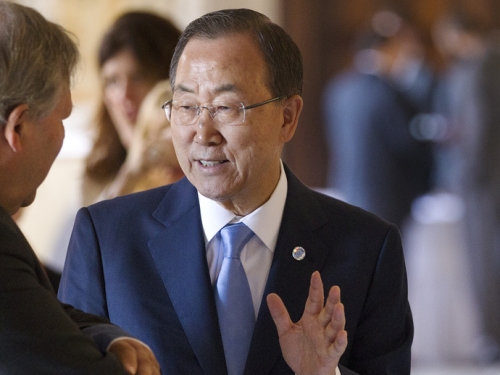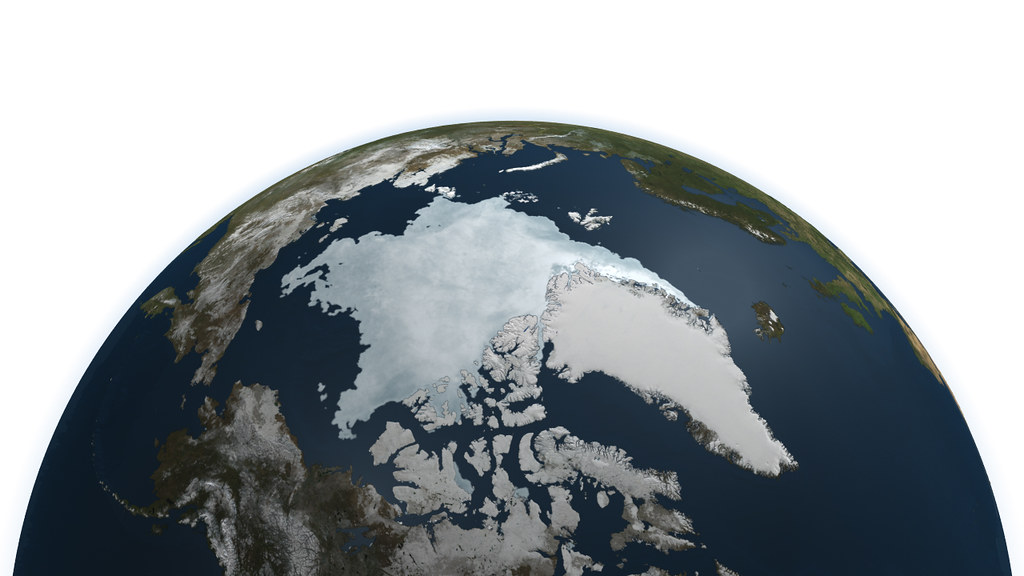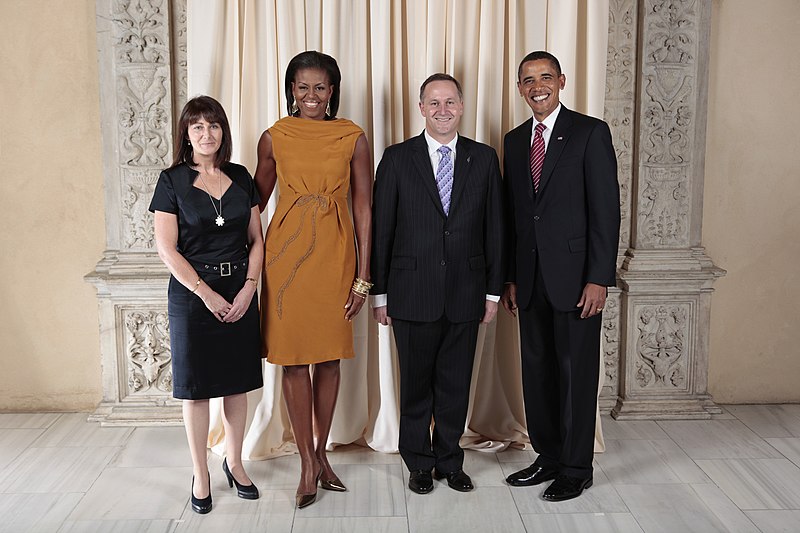
This article was originally published by openDemocracy on 11 November, 2014.
Climate change, Ebola, IS, Ukraine … The world is not short of crises which cry out for a collective response. That is why, for 69 years, we have had the United Nations. People still expect it to provide that response, yet they are often disappointed.
Blame falls on the secretary-general (SG)—often unfairly, since he is really only the top civil servant. Political decisions are taken by the member states, in the General Assembly or the Security Council.
Still, among those decisions, choosing the right SG is one of the most important. He leads more than 40,000 staff, and oversees the work of 30 UN funds, programmes and agencies, dealing with a wide range of global issues.
The UN Charter allows him to alert the Security Council to “any matter which in his opinion may threaten the maintenance of international peace and security”. Behind the scenes, his “good offices” can be crucial in preventing or resolving conflict.
In recent decades he has played an important public role, reminding the world of the UN’s basic principles, suggesting ways to apply them to new problems and mobilising world public opinion to confront major challenges. He’s the nearest thing we have to a world leader.



